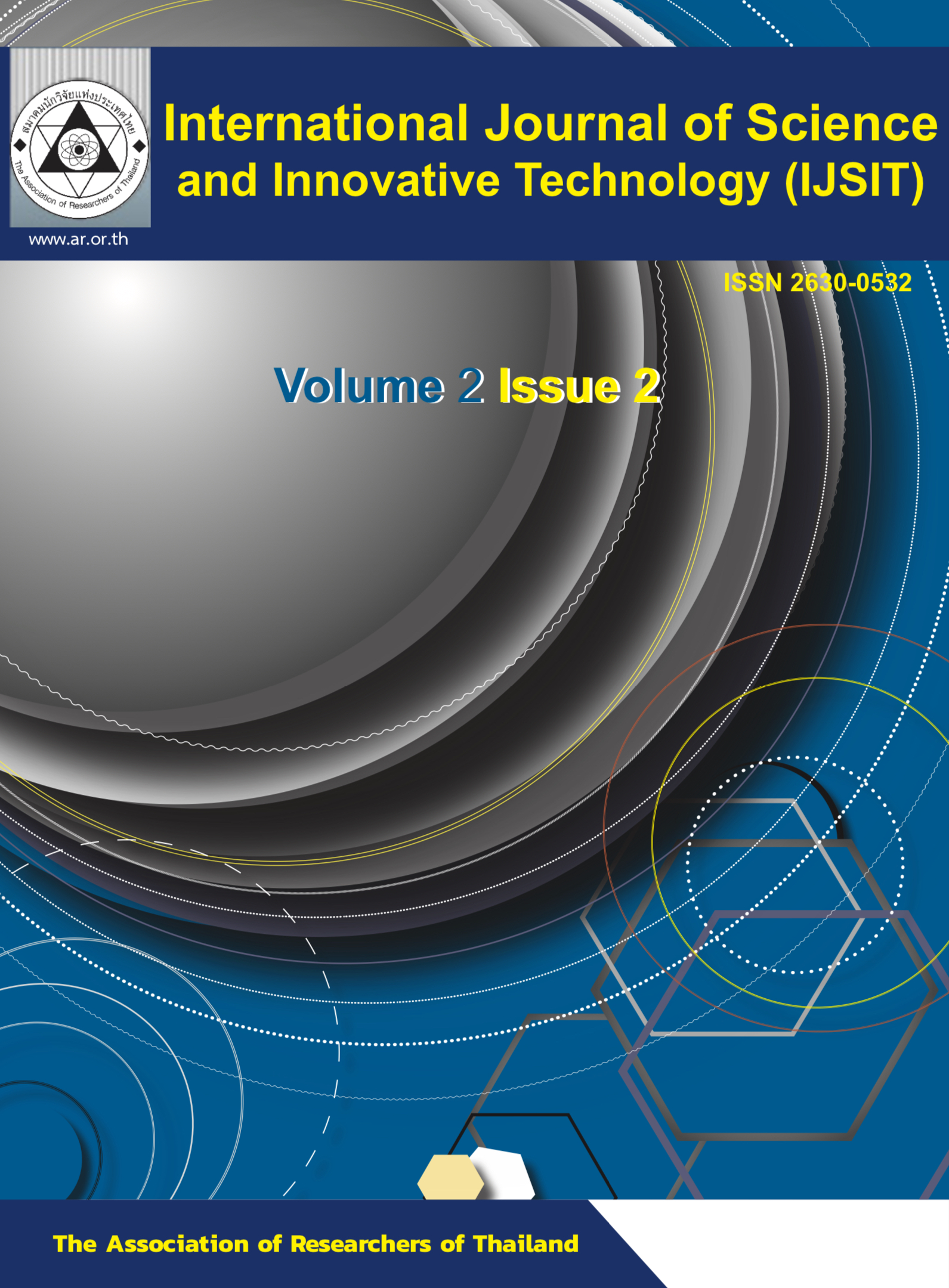Measurement of the Effectiveness of Various Environmental Education Programs on Different Target Groups
Main Article Content
Abstract
Abstract
Environmental education (EE) plays a very critical role in promoting sustainable environment and contributes positively towards environmental protection. Hence, understanding how to simplify the complex scientific knowledge that will properly fit the respective target group as well as the suitable method of knowledge transfer is of great importance. This study therefore reviews some recent works by various authors from different countries such as Malaysia, Vietnam, Brazil, Spain, Germany and South Africa. The general assessment of the environmental education intervention impact on the respective target group is clearly carried out and the results show that using the right delivery technique is very important in achieving effective outcome. Moreover, the right framework for environmental education is useful in any intervention program to help the practitioners achieve the best outcome.
Article Details
References
Alexandar, R. & Poyyamoli, G. (2014). The effectiveness of environmental education for sustainable development based on active teaching and learning at high school level-a case study from Puducherry and Cuddalore regions, India. The Journal of Sustainability Education, Vol. 7.
Almasi, A., Mohammadi, M., Azizi, A. Berizi, Z., Shamsi, K. Shahbazi, A. & Mosavi, S. (2019). Assessing the knowledge, attitude and practice of Kermanshah women towards reducing, recycling and reusing of municipal solid waste. Resources Conservation and Recycling, 141. pp. 329-338
Chunkao, K. (2018). Advanced Environmental Education Handbook, Department of Environmental Science, Kasetsart University.
Dopico, E. & Garcia-Vazquez, E. (2011). Leaving the classroom: a didactic framework for education in Environmental Sciences. Cultural Studies of Science Education (2011) 6:311–326.
Hoang, T. & Kato, T. (2016). Measuring the effect of environmental education for sustainable development at elementary schools: A case study in Da Nang city, Vietnam. Sustainable Environment Research 26: 274-286.
IPCC ( 2014). In: Core Writing Team, Pachauri, R.K., Meyer, L.A. (Eds.), Climate Change 2014: Synthesis Report. Contribution of Working Groups I, II and III to the Fifth Assessment Report of the Intergovernmental Panel on Climate Change. IPCC, Geneva, Switzerland.
Lawson, E., Gordon, C., Mensah, A. & Atipo, E. (2015). Developing Tools for Community-Based Environmental Education for Migrant Children and Youth in Ghana. Journal of Education and Learning; Vol. 4, No. 2: 6-18.
Loubser, C., Azlin, Y., Dreyer, J. & Azyyati, A. (2014). The effectiveness of environmental education workshops for teachers, learners and schools in Malaysia. Environmental Development Sustainaibility, 16:1163–1176.
Monroe, M., Andrews, E. & Biedenweg, K. (2007). A Framework for Environmental Education Strategies. Applied Environmental Education and Communication, 6:205–216
Otto, S. & Pensini, P. (2017). Nature-based Environmental Education of children: Environmental knowledge and connectedness to nature, together are related to ecological behavior. Journal of Global Environmental Change, 47:88-94.
Rodrigues, S. (2014). Environmental Education: A Proposal for High School. Procedia - Social and Behavioral Sciences 116: 231 – 234. 5th World Conference Educational Sciences – WCES 2013.
Sellmann, D. & Bogner, F. (2013). Effects of a 1-day Environmental Education intervention on environmental attitudes and connectedness with nature. European Journal of Psychology Education, 28:1077–1086.
Singh, P. (2013). Environmental Education: Enhancing Learning and Awareness through Assessment. System Practical Action Research, 26:299–314.
Staniskis, J. & Stasiskiene, Z. (2006). An integrated Approach to Environmental Education and Research: A Case Study. Clean Technology Environmental Policy 8: 49–58.
Valderrama-Hernández, R., Alcántara, L. & Limon, D. (2016). The complexity of environmental education: teaching ideas and strategies from teachers. Procedia - Social and Behavioral Sciences 237:968 – 974. 7th International Conference on Intercultural Education “Education, Health and ICT for aTranscultural World”, EDUHEM 2016, 15-17 June 2016, Almeria, Spain.


